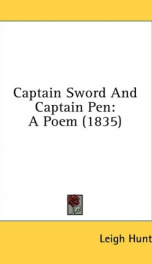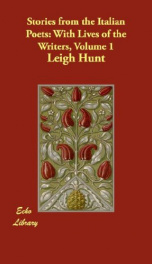dramatic essays

Purchase of this book includes free trial access to www.million-books.com where you can read more than a million books for free. This is an OCR edition with typos. Excerpt from book: CRITICAL ESSAYS. Section I.TRAGEDY, The drama is the most perfect imitation of human life ; by means of the stage it represents man in all his varieties of mind, his expressions of manner, and his power of action, and is the first of moralities because it teaches us in the most impressive way the knowledge of ourselves. When its lighter species, which professes to satirise, forsakes this imitation for caricature, it becomes farce, whether it still be denominated comedy, as we say the comedies of Reynolds, or whether it be called opera, as we say the operas of Cherry and Cobb : the actors in these pieces must act unnaturally or they will do nothing, but in real comedy they will act naturally for the same reason. In the graver kind of drama, however, their imitation of life is perfect, not as it copies real and simple manners, but as it accords with our habitual ideas of human character ; those who have produced the general idea that tragedy and comedy are equally direct imitations of human life, have mistaken their habitual for their experimental knowledge. The loftier persons of tragedy require an elevation of language and manner which theynever use in real life. Heroes and sages speak like other men, they use their action as carelessly and their looks as indifferently, and are not distinguished from their fellow- mortals by their personal but by their mental character ; but the popular conception of a great man delights in dignifying his external habits, not only because great men are rarely seen, and therefore acquire dignity from concealment, but because we conclude that they who excel us so highly in important points can have nothing unimportant about them. We can hardly persuade ourselves, for instance, that Shakspeare ever disputed in a club, or that Milton was fond o... --This text refers to an alternate Paperback edition.
Info about the book
Author:
Series:
Unknown
ASIN:
B008NPWWKU
Rating:
4.5/5 (2)Your rating:
0/5
Languge:
English
Users who have this book
Users who want this book
What readers are saying
What do you think? Write your own comment on this book!
write a commentif you like dramatic essays try:
Other books by this author
Do you want to exchange books? It’s EASY!
Get registered and find other users who want to give their favourite books to good hands!



